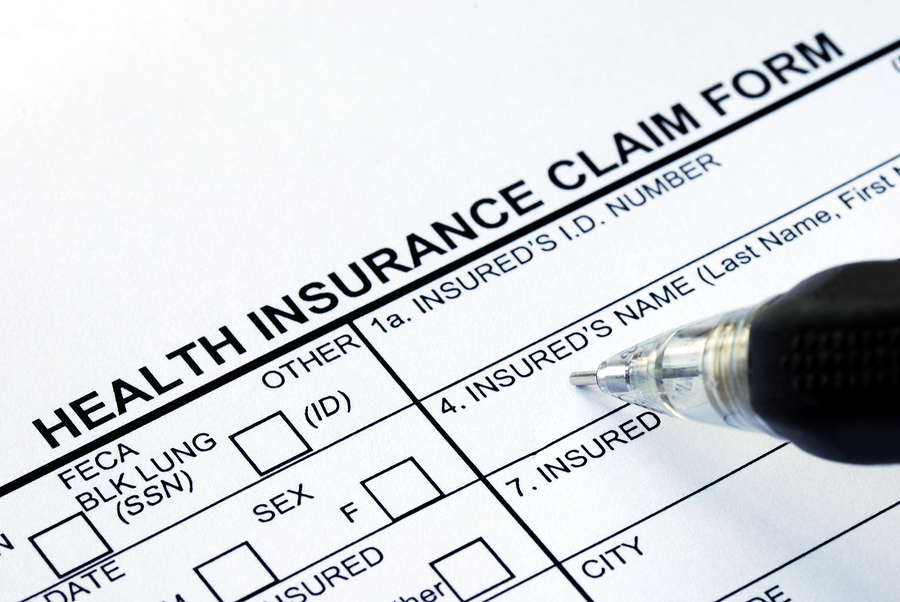Always Check Your Medical Bills and Insurance Statements
/By Barby Ingle, PNN Columnist
Recently I received a medical bill and noticed my insurance did not cover any of the costs of my treatment for an emergency care visit. This particular visit happened when I woke up in pain and feeling like I couldn’t take a full breath. I thought it might be a partial lung collapse, something that I have experienced before.
About a month after the emergency care visit, I receive a bill from the provider. The first thing that I checked on the bill was my vital information: name, address, phone and insurance card ID. They had the wrong first and last name and my social security number instead of my plan number.
No wonder the insurance company denied it! It looked like someone else was trying to be me and got the details wrong.
I have done many interviews and articles over the years about medical billing. If I didn’t know how to catch these mistakes, I would have gotten stuck paying the entire bill.
Studies show that 8 in 10 medical bills have at least one minor mistake. These mistakes add up and cost society more than $68 billion in unnecessary healthcare spending, according to Medliminal Healthcare Solutions, a company that helps patients find and fix medical billing errors.
When I checked into the emergency care center that day, I was not able to speak very well and my husband handled the check-in process. He presented my drivers license and insurance card.
When the nurse called me back, she said my name incorrectly, close but incorrect. I corrected her and told her to make sure it is correct in the system because if data such as my name is not correct, the insurance won’t pay. She confirmed my name and the spelling and updated her system. The billing still got it wrong.
When I went back to the emergency care center with the medical bill, the front desk lady said the information was in their system correctly, but billing is done by another group and sometimes data gets mixed up. She gave me the info to contact the billing company.
After returning home, I called the billing company. Their representative said they had my name correct but corrected my insurance information. They are going to re-bill my insurance. My co-pay portion should only be 20% of the bill.
It literally came down to multiple people making little mistakes that led to me receiving a bill that was incorrect. If I didn’t check and see the errors, I would have gotten stuck paying the full amount.
Over the years this has happened quite a number of times to me and I am sure it happens to others. If you don’t compare your explanation of benefits (EOB’s) and provider bills against each other, you could pay more than you should for medical services. This can also happen if you don’t check your medical records. If a medical record is incorrect, you may not care at the time, especially if you received the appropriate care.
But what if you’re in an emergency situation where you can’t check and verify what is in the system? You may end up being given medications that you no longer take due to out-of-date prescription and medical records. You may even be denied coverage because of misinformation in your records.
What billing data should you check? Start with your name, date of birth, date of service, services provided and insurance information. For your medical records, check your name and date of service. Make sure to view your lab results, radiology reports, surgical reports, follow-up care suggestions, and daily notes from nurses and providers.
Also check your insurance EOB’s to see if the co-pays and deductibles you’ve paid matches up with their data, and you get the maximum coverage under your plan. Always check and correct medical information and bills. If you are doing it by phone, record the call if you are in a state where that is allowed. If not, then take good notes. Be sure to keep a copy of every provider bill, EOB, email and letter for your records.
Over a lifetime of chronic illness, you’ll save yourself thousands of dollars and get access to better care.
Barby Ingle lives with reflex sympathetic dystrophy (RSD), migralepsy and endometriosis. Barby is a chronic pain educator, patient advocate, and president of the International Pain Foundation. She is also a motivational speaker and best-selling author on pain topics. More information about Barby can be found at her website.
The information in this column should not be considered as professional medical advice, diagnosis or treatment. It is for informational purposes only and represents the author’s opinions alone. It does not inherently express or reflect the views, opinions and/or positions of Pain News Network.





